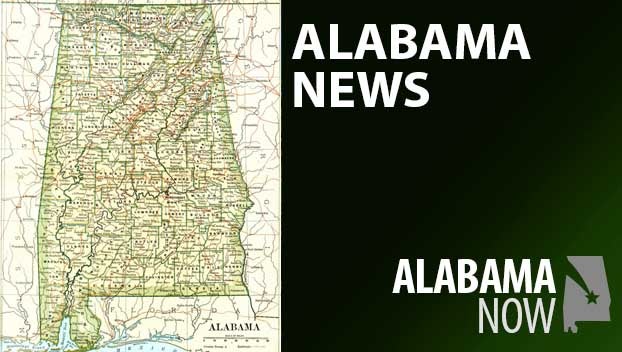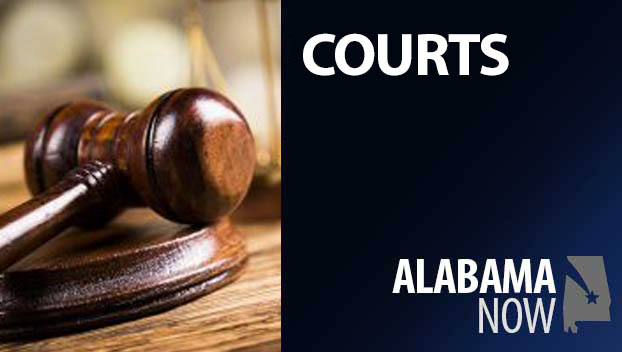Alabama residents oppose mega-prisons planned for their communities
Published 8:42 am Sunday, October 11, 2020
Alabama Gov. Kay Ivey’s administration is negotiating with private companies to build three new mega-prisons as part of a solution to the state’s ongoing prison crisis, but some neighbors to the planned facilities aren’t happy about it.
Residents in Elmore and Bibb counties are angered and frustrated by the decision to pick their communities. They expressed concern about possible escapes, traffic, and infrastructure and the fact there was no public input about building prisons for 3,000 inmates in their communities.
Ivey announced last month that companies had been selected to build the proposed prisons in Elmore, Bibb and Escambia counties that the state would then lease for the next 30 years. The administration said it would enter into negotiations with the companies for final details and construction would begin in 2021.
One of the 3,000-inmate prisons will be located in Brierfield, a 1,600-person unincorporated community in Bibb County, where some residents say they moved for its tranquil, rural environment. The number of inmates housed in the facility will be about half the population of the nearest city, Montevallo, which has about 6,600 residents.
Jackson McNeeley, one of the organizers of a group opposing the prison, said the isolated area, which has little law enforcement presence and no sewer system, does not have the infrastructure to support the large facility.
“One of the concerns we have is that nobody was consulted,” McNeely told The Associated Press. “Bringing a prison is not going to help the citizens of Brierfield. It’s just not.”
David Kline moved his family to Brierfield about 15 years ago, when he was a deputy for the Bibb County sheriff’s department. He told al.com he was looking for a quiet and a low-crime area when he was off-duty.
He said no one in the community knew about the prison construction until it was reported in newspapers.
“An article showed up and people started reading the article. There was no town hall. They never came to Brierfield and said, ‘Hey what do you think?'”
Kline said he was concerned about corners being cut in the privately built construction as well as an increase in crime if people try to toss contraband over the fences.
There are similar concerns in Elmore County.
“The main entry road going into the prison you will be able to see from my backyard,” Leslie Ogburn, who lives near the site of a proposed Elmore County prison, told the Montgomery Advertiser. “We all loved it here, to be in the country, to be away from everything, (and) not to have a big prison light the country nights.”
Samantha Rose, a spokeswoman for the Department of Corrections, told the Advertiser that “historically — in Alabama and beyond — the development of a correctional facility within a community initially generates common concerns from residents.”
“Looking only at our state, we have built strong relationships with our communities who value the presence of our facilities for the economic benefits they provide,” Rose wrote.
Prison construction legislation failed when it came before the Alabama Legislature as lawmakers disagreed over the closures of existing prisons. Ivey is pursuing leases of privately built facilities that do not need legislative approval.
Ivey has said the new prisons are needed to increase the safety of both officers and inmates. The plan has also run into criticism from advocacy groups and a mixed reception from state lawmakers, with some saying the leases will be costly without addressing systemic problems.
Considered one of the most violent and understaffed systems in the country, the Alabama prison system has faced a litany of federal criticism.
The U.S. Department of Justice said twice within 18 months that it believes Alabama houses male inmates in unconstitutional conditions for both a pattern of using excessive force by officers and excessive inmate-on-inmate violence. U.S. District Judge Myron Thompson has also ruled the state’s treatment of mentally ill prisoners was “horrendously inadequate.”





